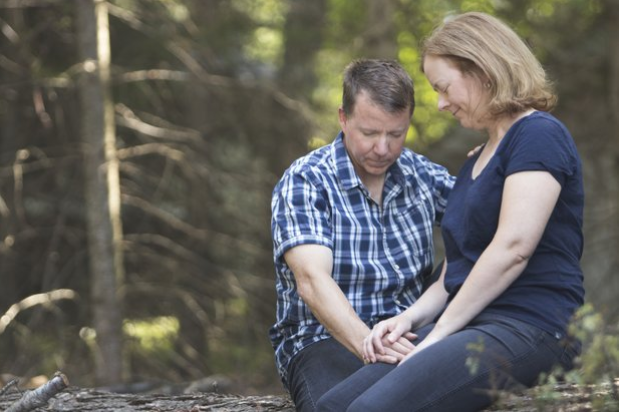Often times, we as loved ones of those in active addiction face the dilemma of how to feel about—or respond to—the individual in the throes of the disease. We are bombarded with terminology that causes a great deal of resistance deep within us. Terms and phrases like “let go,” “cut off,” and “tough love” bring about a level of discomfort that varies to a degree depending on the level of codependency in the relationship.
After all, we love them. We want to see them happy, not hurting, and that’s what love is. Right?
Wrong.
Love is not wanting to see someone happy; love is wanting to see someone healthy. It is not protecting them from pain but rather understanding that pain is a part of growth and healing. To keep someone happy and immune to the consequences of their actions is the opposite of love. It is enabling.
Stop Enabling Behavior
Enabling may look like love because it keeps loved ones in active addiction from suffering emotional consequences. It prevents them from feeling fear and loneliness. However, those uncomfortable emotions are exactly what your loved one needs to seek out help. Consequences, including emotional ones, are the force that leads an individual–in active addiction or not–to seek out change.
Therefore, protecting loved ones from negative emotional consequences prevents opportunities for his or her growth and healing and thus keeps them active in addiction. This approach essentially keeps them sick, and to do so simply to relieve our own discomfort at their suffering through the growth and healing process is the opposite of selfless. It’s selfish.
Even though we may want to rescue our loved ones in active addiction from uncomfortable emotions and protect them from suffering the painful consequences of their actions, we must love them enough to let them go through the process of their own journey.
Set Boundaries
To properly love an addict back to health, we cannot be selfish. But we must also not be entirely selfless. To properly love an addict back to health, we must love ourselves. Part of helping an addict requires us to help ourselves through self-love and self-care. We cannot allow ourselves to be used or abused, to have our boundaries crossed and subjected to the toxic energy of active addiction, because we do no harm to others when we do no harm to ourselves.
We want to love our struggling loved ones, but true unconditional love starts from within.
When we take steps to make our own needs and boundaries a priority—to make healing and growth a priority—we require others to do the same in order to be around us. That practice of self-love allows us to love others without the need to control that is rooted in fear. It allows our interactions with those we love to be based only on love.
If you or someone you know is seeking help with drug or alcohol detox, please visit our directory of detox centers or call 800-772-8219 to start the path to recovery today.








